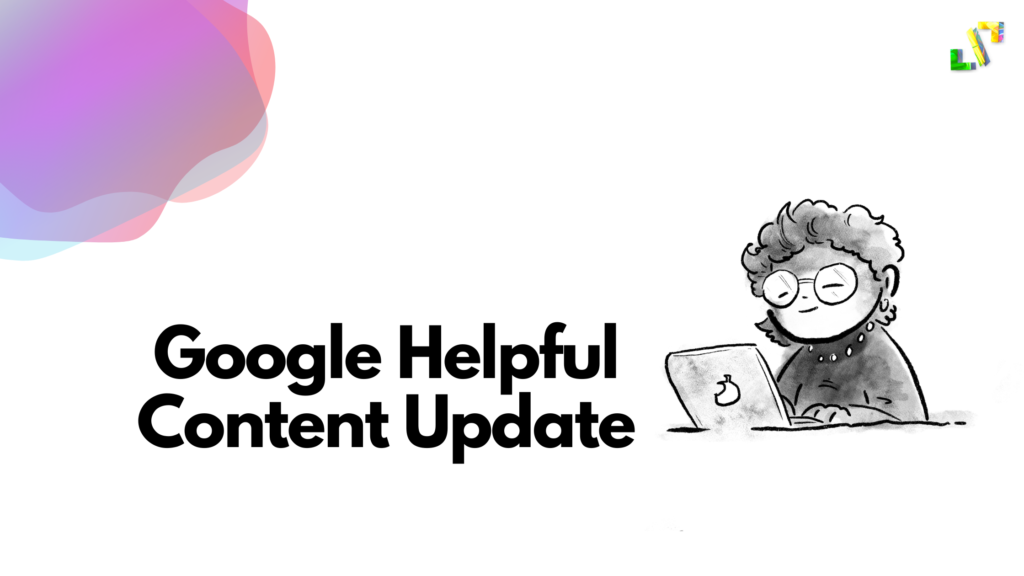Google has declared its plans to drop third-party cookies from its Chrome web browser by this year, i.e., 2022. This phasing out of third-party cookies is Google Privacy Sandbox initiative for the Android platform and primarily aims to protect user privacy on the Chrome browser.
Now, Google’s Privacy Sandbox endeavor has come as major news to marketers, because it entails extensive changes and disruptions at every level.
In this post, let us explore all that about the Android privacy sandbox and what it means for marketers.
What is Google Privacy Sandbox for Android?
The Android Privacy Sandbox is not a new initiative, but in its recent declaration, Google has extended the scope to include the in-app environment of Android.
Originally Google’s Privacy Sandbox was meant to only safeguard user privacy in its Chrome environment. But now it plans to not only improve user privacy but also ensure that businesses and developers have the necessary tools to succeed on the mobile platform, by keeping online services and content free for everyone. With this initiative, Google mainly targets to eliminate the concern regarding how malicious entities might try to abuse user data that cookies accumulate. The rising demand for greater online privacy is another vital reason for dropping third-party cookies.
Instead of cookies, Google plans to introduce a new range of its own tools and APIs (Application Programming Interfaces) for browsers. Effectively, with the Privacy Sandbox, users can stay anonymous on the web while letting advertisers continue to target their niche audience based on their online behavior tracked via specific browser APIs.
Google announced a multi-year initiative to build the Privacy Sandbox on Android, with the goal of introducing new, more private advertising solutions. Specifically, these solutions will limit sharing of user data with third parties and operate without cross-app identifiers, including advertising ID.
Why has Google launched its Android Privacy Sandbox?
With rising incidents of breaches in user privacy online, an increasing number of individuals are nowadays switching to browsers like Safari and Firefox that do not allow third-party cookies.
Google must also retain its share in the web browser market and base for the advertising business. So, with the Android Privacy Sandbox, it can ensure user privacy and transparency, and also continue to serve marketers and advertisers with alternatives to third-party cookies.
What does the Privacy Sandbox for Android involve?
Multiple core APIs will be introduced to the browser in place of third-party cookies. Google Privacy Sandbox for Android will include the following APIs –
Aggregated Reporting API
This API will help marketers collect data about their campaign performance without having to track users. It will include detailed metrics such as impressions, views, and reach, in a consolidated single report.
Conversion Measurement API
This will help marketers track campaigns by allowing click tracking and conversion for advertisements. The browser can send this data in a restricted format that maintains user privacy.
Trust Token API
This API will help fight spam, fraud, and DDoS attacks by allowing publishers to authenticate genuine users via their browser ID, without using tracking techniques.
Turtledove API
This will help advertisers develop targeted and retargeted advertising. With this API, advertisement networks can segment users specifically based on their actions, for better targeted reach.
The Topics API
The Topics API will help marketers target users based on their specific interests. It will track the recent browser activities of a user and website categorization, to target relevant advertisements to visitors on a particular website.
WEB ID
The WEB ID API will preserve and magnify identity groups on the Internet, thereby protecting user privacy and allowing anonymous logins to prevent abuse.
Catapult Brand Demand with Strategic Content Marketing
Having a content-first approach helps you to create the authority in the sector and generate demand for your brand.
Schedule a Call NowWhat is the potential impact of the Android Privacy Sandbox on advertisers?
Since Google Privacy Sandbox for Android is currently undergoing development, its exact impact on advertisers is still being speculated. But the impact is sure to be significant, resulting in a dip in ad revenues in the short to mid-term. Marketers apprehend that LTV (Lifetime Value) might reduce along with the effectiveness of LTV models, and remarketing campaigns aiming to generate more conversions might become more challenging.
However, Google feels that introducing these core APIs in the browser environment will help marketers collect useful information regarding user attribution as well as conversion. As such, advertisers can still derive actionable insights even though users will remain anonymous. They can even provide feedback for every API.
Once these APIs are standardized, Google expects advertisers to gain a clearer vision of users on all browsers including Chrome. Ad publishers can also monetize websites even without cookies.
Final words
The design proposals of this planned initiative are already available for review. However, the testing phase will begin not before the latter part of this year, i.e., 2022. But Google has been pretty clear with its intentions in keeping the best interests of both Chrome users and advertisers in mind. Though advertisers might be apprehensive about some initial hurdles, the Google Privacy Sandbox initiative is expected to bring about a win-win situation for all parties in the long term.
Reviewed By
-
algorithmchttps://blog.algorithmc.com/author/algorithmc/
-
algorithmchttps://blog.algorithmc.com/author/algorithmc/
-
algorithmchttps://blog.algorithmc.com/author/algorithmc/
-
algorithmchttps://blog.algorithmc.com/author/algorithmc/



